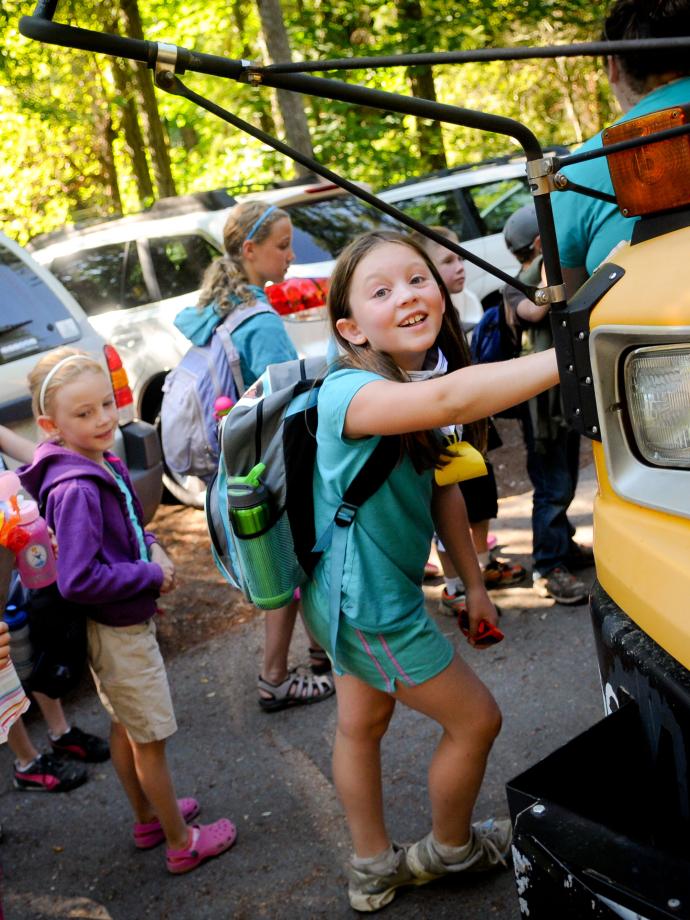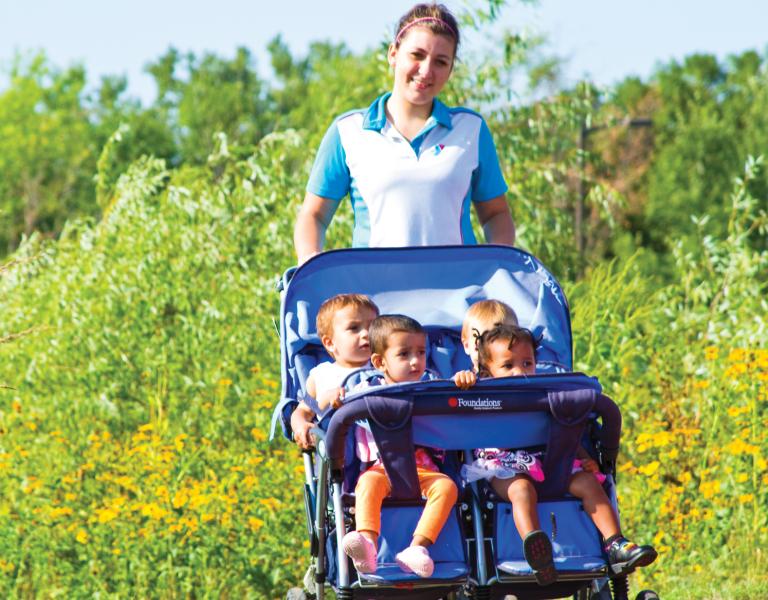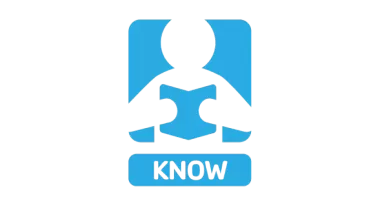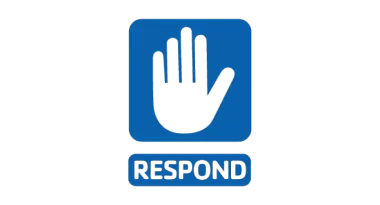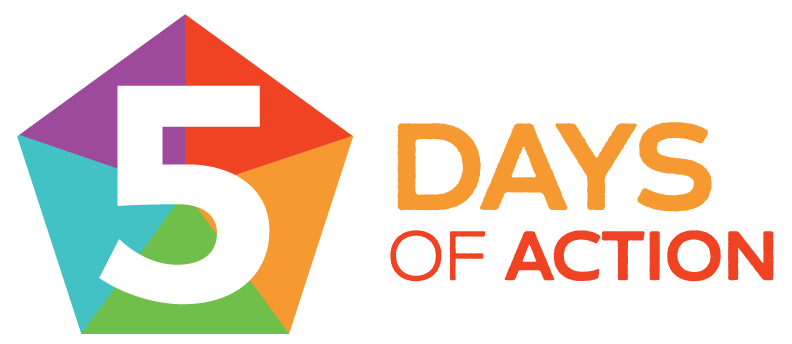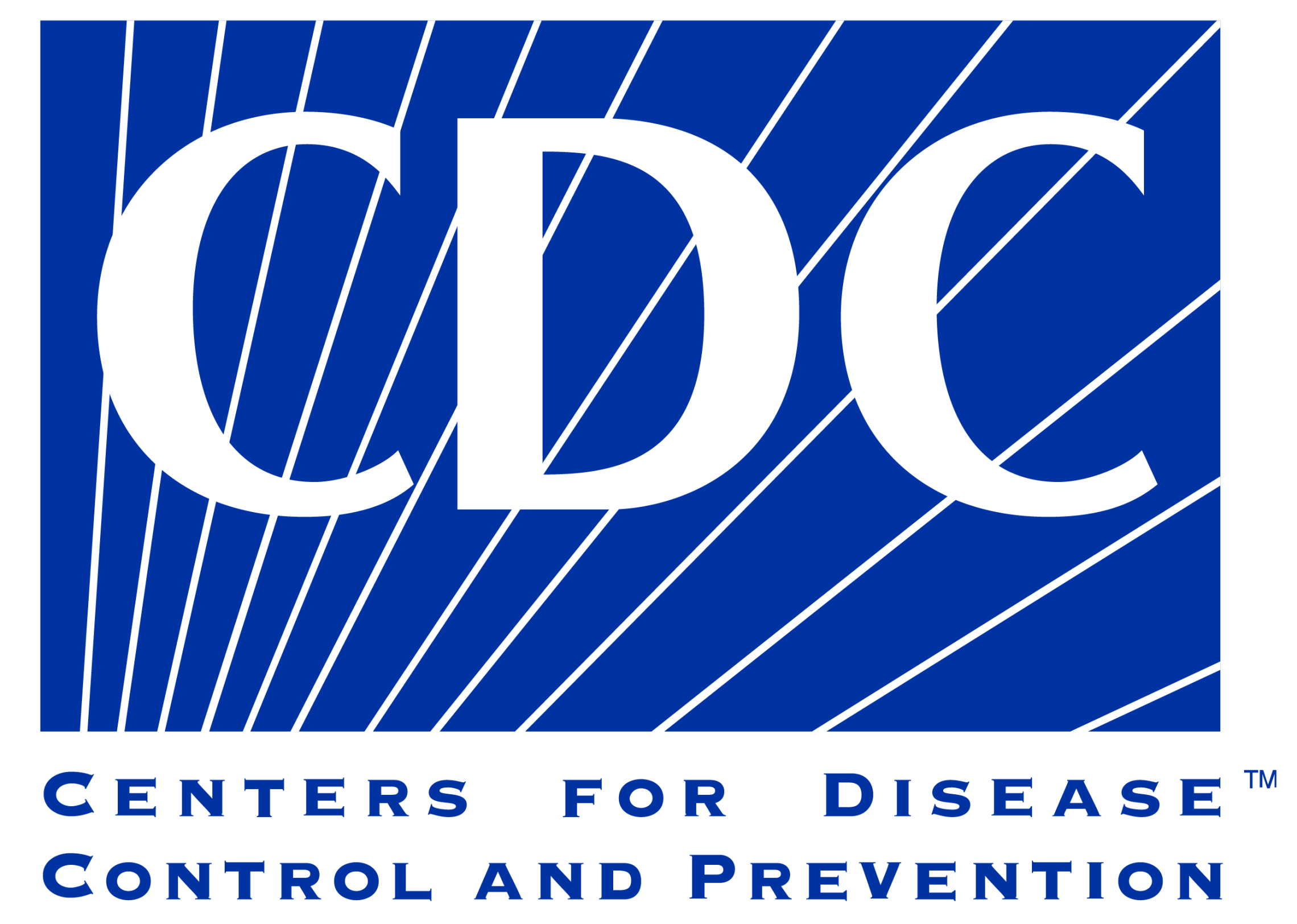Safety and Background Checks
We require a complete criminal, personal, and professional background check for each member of our staff and our volunteers. In addition, all members and guests are screened through a local and national sex offender registry before being granted entry to any of our facilities. We regularly monitor and review all of these databases to ensure proactive action against any risk to our community.
The YMCA’s partnership with Praesidium provides us with access to enhanced tools and services for strengthening Child Abuse Prevention efforts. These customized resources from Praesidium, an industry leader in creating safe environments for kids, can help YMCAs galvanize the culture, practices and behavior needed to prevent child sexual abuse.
Educational Videos and Information for Parents & Caregivers by Praesidium
The YMCA’s partnership with Darkness to Light helps champion the movement to end child sexual abuse since its founding in 2000. With affiliates in all 50 U.S. states and 17 additional countries, D2L provides individuals, organizations, and communities with the tools to protect children from sexual abuse. To date, the D2L network of 9,000 authorized facilitators has trained over 1.2 million parents, youth serving professionals, and organization volunteers in D2L’s award-winning Stewards of Children® child sexual abuse prevention program. Darkness to Light offers training that specializes in the education and prevention of child sexual abuse, other forms of abuse and mandated reporting. Click here to access all of its online training materials.
At the Y, child protection is our number one priority year-round. During April – Child Abuse Prevention Month – we participate in a week-long campaign— Five Days of Action—to increase awareness of child sexual abuse and empower and equip our communities to prevent it. By taking part in this important campaign and through implementing abuse prevention practices year-round, we can all commit to the safety of all children in our care.
Child abuse and neglect are serious public health problems that can have long-term impact on health, opportunity, and wellbeing. The CDC works to understand the problems of child abuse and neglect and prevent them. Preventing child abuse and neglect requires addressing risk and protective factors at the individual, relational, community, and societal levels.
Children’s Advocacy Centers of Washington (CACWA) is a membership organization that supports the development, growth, and sustainability of Children’s Advocacy Centers (CACs). CACWA works with CACs and multidisciplinary partners (MDTs) to facilitate a coordinated response to allegations of child abuse and supports professionals in the field through training, technical assistance, research, funding, and advocacy.



